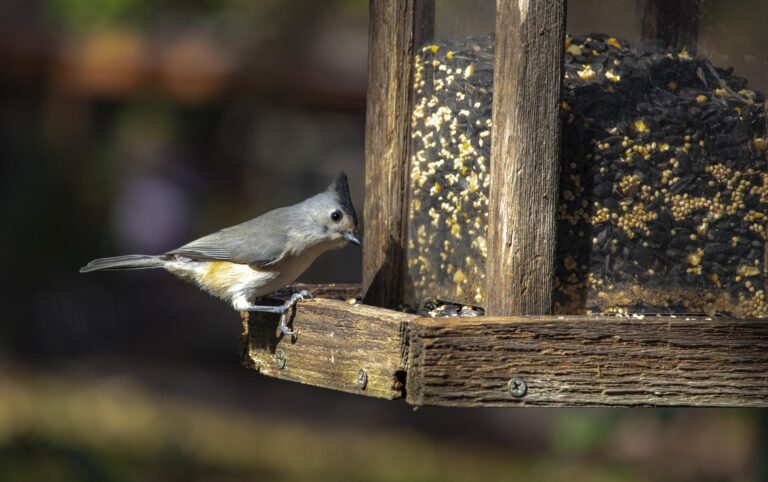Information provided by Rysa Kronebusch, MoveUP Vice-President, on behalf of the MoveUP Environment Committee
Years ago, I became member of the Backyard Bird Centre in the Lower Mainland. They send articles and informational newsletters about different products and issues that are facing our feathered friends. This is the latest communication I received that needed to be shared.
As the Avian Flu outbreak continues to make its way through Canada, seed retailers are being asked by their birding customers if they should continue to feed the birds. With a lot of different information/suggestions bandied about, the Backyard Bird Centre asked Mother Nature’s Naturalist and backyard birding expert, Myrna Pearman, about this subject and what backyard birders can do to help prevent the spread of this disease.
Here is Myrna Pearman’s response on the Avian Influenza Virus:
The H5N1 subtype of Avian Influenza virus, is spreading across Canada, which is causing severe illness and mortality to our domestic Poultry and has been detected in waterfowl and birds of prey. Currently there is no threat to our songbirds and species that use backyard feeders. Environment and Climate Change Canada advises us of bird feeders is still safe on properties without domestic fowl. As the situation continues to change, please check out this website for updates and directives:
Avian influenza in wild birds – Canada.ca
How can we mitigate the risk to our feathered friends?
Prevent over-crowding at feeding stations: It is quite easy to minimize over-crowding at this time of year. A species that tends to flock in large numbers at this time of year are the non-native House Sparrows. To encourage resident House Sparrows to disperse (at least until the situation has stabilized), avoid offering mixes that contain millet, corn and milo. Instead, offer suet mixtures, peanut butter mixtures, and/or sunflower chips from tube feeders that have small portals. Even better use upside down tube feeders because House Sparrows cannot access the seeds from an upside-down position.
The other way to prevent over-crowding is to place feeders farther apart around your yard. Wide spacing of feeders will enable the less dominant birds to feed (reducing their wait times at crowded feeders, thus resulting in fewer concentrated droppings) and will result in fewer birds at each feeder. If possible, move the feeders to new locations each week to minimize waste accumulating on the ground.
Sanitation: Diseases spread between feeder birds through direct contact and via contaminated feces and saliva. Replacing tray feeders with tube and hopper feeders will reduce the risk of birds contacting each other and will prevent fecal contamination.
It is also important to keep feeding stations clean by washing them (including the perches) once a week with hot soapy water and/or a diluted bleach solution (1 part bleach to 9 parts water). Air dry them before adding more seed.
Cleaning the area under feeding stations is also important. While many ground-feeding birds, especially migrating native sparrows, prefer to feed on the ground, it is important to rake up the detritus that has accumulated over the winter. To reduce further accumulation, serve sunflower chips or “no mess” mixes containing only shelled seeds.
If you observe sick or dead birds: There is little you can do to help a bird once it has become ill. If feasible, stay with the bird (so it doesn’t disappear) and call your local wildlife rehabilitation centre (see links below). Wildlife rehabbers follow strict protocols that have been provided to them by the Canadian Wildlife Service. If a cat happens to be stalking the sick bird, chase the cat away or put it indoors (cats are serious bird predators so should never be allowed outside).
Never touch a sick bird with your bare hands. If the bird has died, use rubber gloves to place it in a plastic bag. Place it in a second bag and dispose of it with household garbage. If the ill/dead birds are waterfowl or birds of prey, call Alberta Environment and Parks at 310-0000.
Sick and dead birds can also be reported to the Canadian Wildlife Health Cooperative information line at 1-800-567-2033 or by using their online reporting tool.
Resources for Updated Information:
Cornell Lab of Ornithology – Should You Take Down Your Bird Feeders?
Canadian Food Inspection Agency – Response to Detections of Highly Pathogenic Avian Influenza (H5N1)



